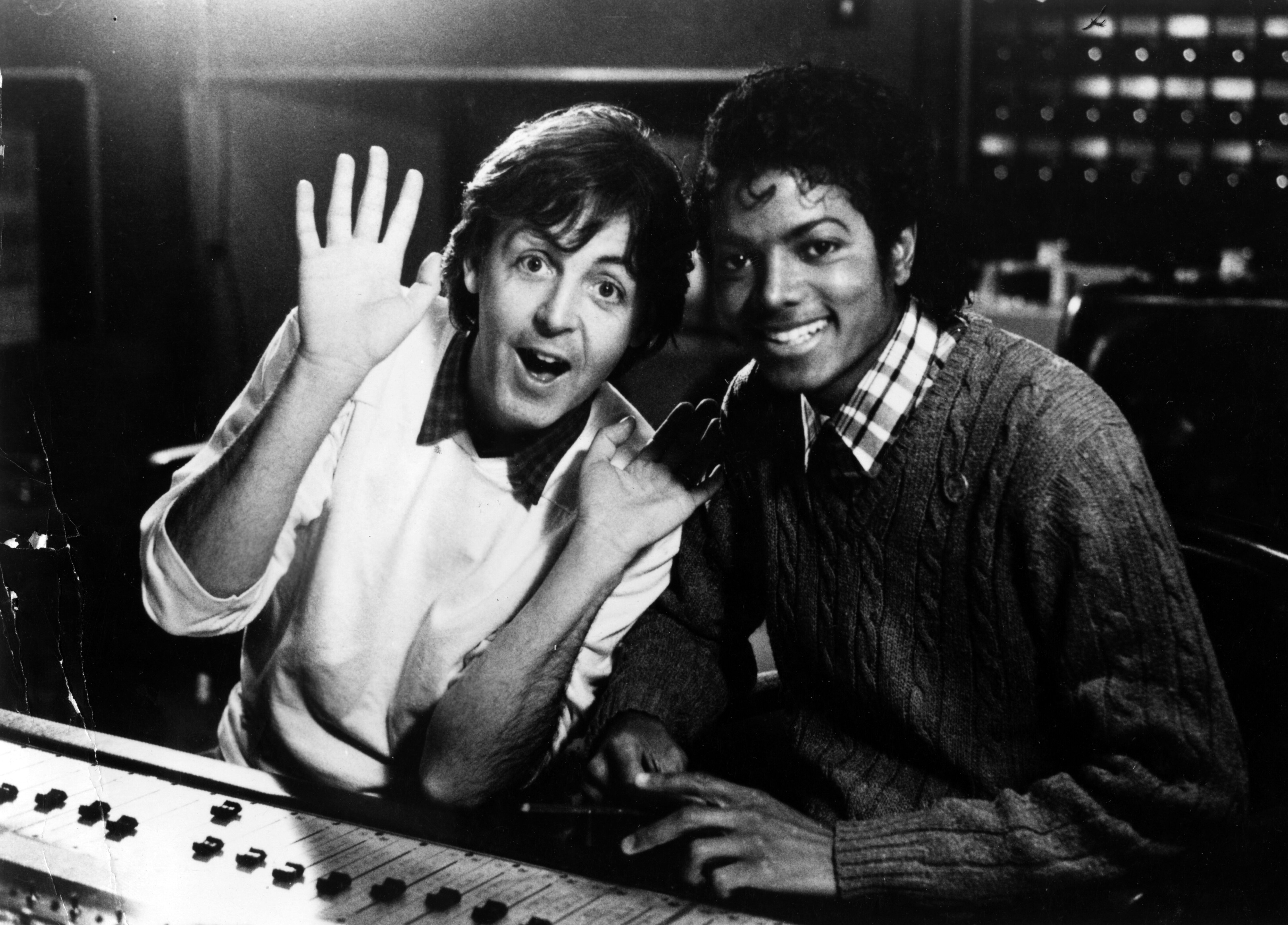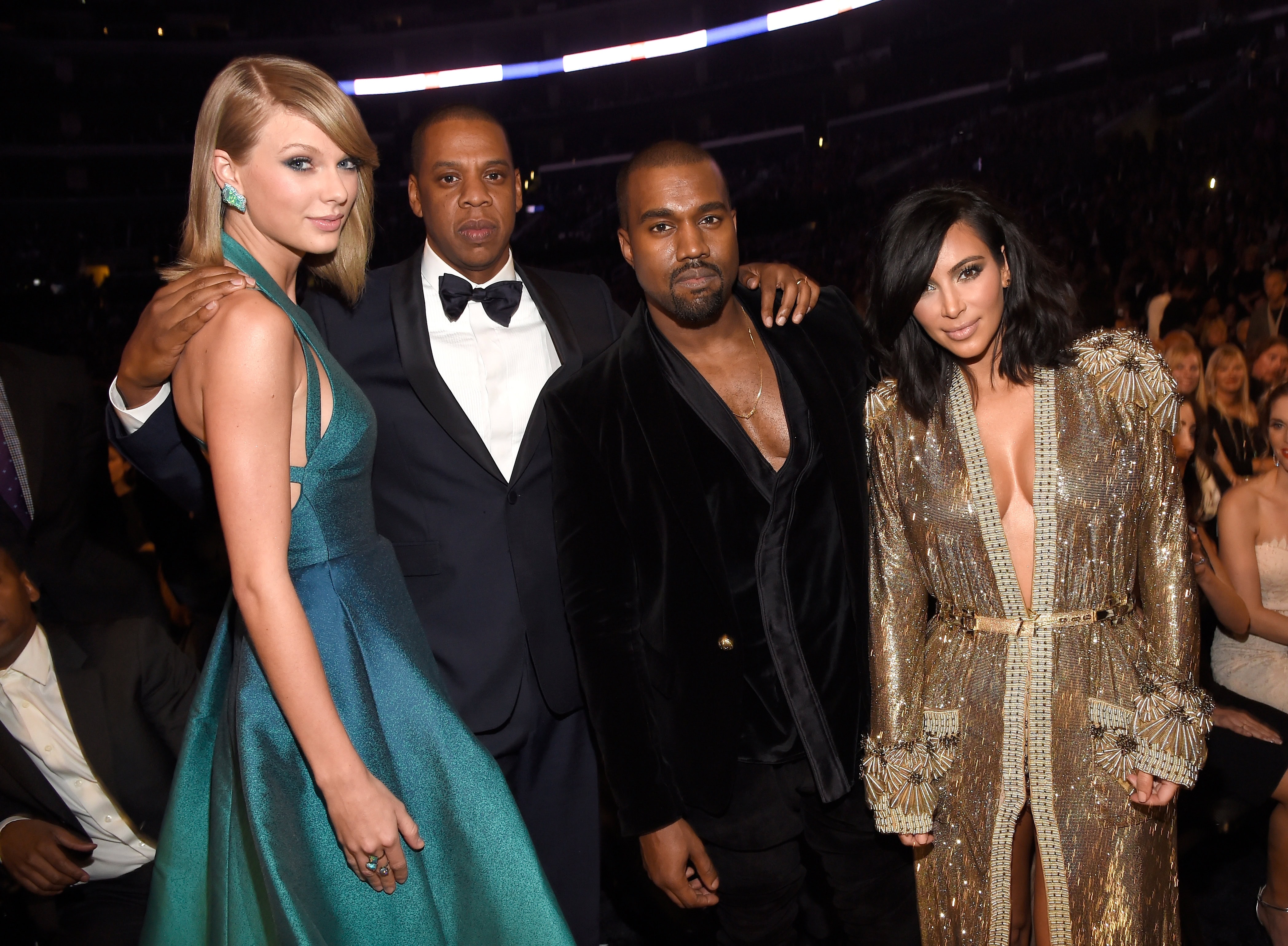Legacy rock acts are generating millions by selling off their back catalogs. So, why is the music publishing business so scorching now — and what will it look like in years to come?
Last week, Warner Chappell Music Group acquired the global publishing rights to David Bowie’s back catalogs.
Spanning six decades of songwriting and 26 studio albums, the catalog was said to be worth $250 million — making up just another piece in WMG’s $27 billion brand that already included access to the archives of Quincy Jones, George Michael, Cardi B, Bruno Mars, and more.
In a statement, WCM Co-Chair and COO Carianne Marshall shared that Warner sees Bowie’s catalog as “a living, breathing collection of timeless songs that are as powerful and resonant today as they were when they were first written.”
While the past and present popularity of Bowie’s work impress, it’s the future potential associated with all angles and aspects of his publishing rights that inspired Warner to spend a quarter billion.
“This fantastic pact with the David Bowie estate opens up a universe of opportunities to take his extraordinary music into dynamic new places,” shared Marshall.
Just what type of dynamic new places?
Places predicted by Bowie years before his passing in 2016 — as well as new ones only recently imagined.
Bend it Like Bowie
David Bowie — forever a futurist — brings a level of credibility not just to the world of audio but all arts ranging from fashion to film, gallery to gala.
Throughout the early years of his career, Bowie’s ability to morph identity through sonics and wardrobe made him a conversation starter on numerous social subjects as well as a bankable resident on the charts.
Even as his solo production somewhat slowed down ahead of the turn of the millennium, Bowie made moves that feel even more impactful today.
In 1997, he raised $55 million for what was called the “Bowie Bond,” allowing investors to make money off the income produced by what was at the time a back catalog 25 albums deep.
That same year, his 1983 hit “Let’s Dance” was reborn by Puff Daddy and the Family’s “Been Around the World” – a platinum-selling single that helped launch Puff’s performing career as a solo artist.
“His mind was already 20 years ahead,” Puff Daddy producer Deric Angelettie told Complex in 2016 in reference to Bowie.

True indeed, the success of “Been Around the World” ironically placed both Bowie and Puffy in new worlds of fanfare, clearing the runway for Bad Boy Records to take off while sending financial spoils to the man known variously over the years as Ziggy Stardust and the Thin White Duke.
The platform Puffy received from Bowie resulted in a meeting between the two minds, inspiring the entrepreneur born Sean Combs to consistently change his stage persona in both name and narrative as an ode to the man behind “Space Oddity.”
While Bowie clearly struck a chord with other artists, his ability to predict trends in tech may read as the most profound as illustrated in a 1999 interview with BBC Newsnight.
“What the internet is going to do to society, both good and bad, is unimaginable,” Bowie predicted, later adding that it would “crush our ideas of what mediums are all about.”
The man born David Robert Jones was once again right.
In 2022, the mediums and platforms capable of disseminating and re-appropriating Bowie’s catalog are constantly competing for new ways to tell stories and attract subscribers.
Streaming services provide the soil for artist’s publishing rights to grow into uncharted territory, leading many of the world’s most accomplished songwriters to consider cashing in on this emerging trend.
While the buzz around back catalogs may feel new, it’s actually as old as music itself.
The History
As Dmitry Pastukhov illustrates in a feature for Soundcharts, the publishing industry is the oldest vertical in all of the music business, evolving from the days of selling sheet music to the modern marketplace of streaming.
For many, the business behind owning catalogs entered the pop culture lexicon in 1985 when Michael Jackson infamously bought the copyrights to both The Beatles’ and Little Richard’s work. Tipped off years prior by Beatle and collaborator Paul McCartney while recording, dining, and watching cartoons together, Jackson leveraged the $134 million generated in two years from 1982’sThriller, ponying up $47.5 million to purchase ATV Music Publishing as a route to acquire the massive catalogs.
Though shrewd in the schematics of McCartney and Jackson’s working relationship/friendship, the artist empowerment move by Michael to acquire ATV was a jackpot.
Jackson’s label at the time, Epic, gave the rising pop star a $750,000 advance to produce Thriller to which Jackson and Quincy Jones turned into the highest-selling album of all time. Money made off record sales and touring associated with Thriller allowed Jackson to outbid McCartney and others, with the acquisition appreciating almost tenfold in a matter of years.
Even more impressive? It has been reported that Michael only put up $11 million of his own money when purchasing ATV in ’85, with the 4,000 song catalog also hoarding hits from the likes of Elvis and Cher.
Over the course of the late ’80s and ’90s, it allowed Jackson to cover “Come Together” as well as license Beatles songs to commercials much like McCartney monetized and extended the life of Buddy Holly’s work which he owned.
Decades later in 2016, years after Jackson had passed, Sony paid $750 million to Jackson’s estate for their share of the catalog. It is reported by Billboard that even prior to that sale, Jackson and his estate had made a whopping $560 million off the original 1985 investment.

For Sony, that catalog is still a cash cow.
As recently as 2019, the filmYesterday — famously based in plot, title, and sentiment on songs from The Beatles’ catalog — required Universal Pictures to pay $10 million in licensing rights for use in the film.
While The Beatles and their catalog have been breadwinners in the publishing realm for decades, just which creatives are next to see their work sold — and just how will it be monetized?
The Future
From cover songs to commercial placements, sampling to streaming, the market to make money off an artist’s previously written work is perhaps hotter than ever.
Recently, Sony acquired Bruce Springsteen’s back catalog for a reported $500 million. Over the course of 2020, Sony Music Group chairman Rob Stringer said he’d spent roughly $1.5 billion on music acquisitions alone.
In a piece pertaining to this very topic, NPR’s Neda Ulaby alludes to the element of synergy Sony hones when buying an entire back catalog from an artist like Springsteen. Not only does Sony own the rights to his songs, but they can easily assist artists on their labels looking to cover or sample those songs.
Just the same, a Sony movie studio can produce The Boss’s biopic and bring to bear all his original music when the time comes, quickly creating a bidding buzz for whichever streaming platform has to have it.
This matters much in the dual worlds of audio and visual. In 2020 alone, the number of users on paid music streaming services is understood to have increased by almost 100 million around the world. Furthermore, research suggests that the number of paid music streamers will exceed one billion globally by 2030.
And just like the recent surge in catalog sales, much of this plays off the pandemic.
As artists look to recoup lost revenue due to touring tanking in the days of COVID-19, legacy acts like Paul Simon, Stevie Nicks, and Bob Dylan have sold their entire back catalogs. More modern acts, including Shakira and John Legend, are also cashing in on the same trend.
This proves true for posthumous acts beyond Bowie, too. Primary Wave currently holds the publishing rights to catalogs tied to Ray Charles, Nirvana and most recently, Prince. In addition, Primary Wave possesses the intellectual property tied to Prince’s name, image, likeness, master royalties, and Paisley Park studios.
Because of this, Primary Wave has the ability to make money off Prince music, merch and more.
In a world where tech giants license songs to score Super Bowl commercial and web3 redefines royalties attached to art, it’s more than just Spotify streams when it comes to the money made off of publishing rights.
Owning catalogs attached to legends like Bowie, Prince, and The Beatles posses the ability to move the needle on everything from music to movies, virtual art to video game.
The only questions now pertain to who will next join the movement and just how will their work be monetized down the line?

While most on the names noted above have passed their high point of producing music or have passed on to the afterlife, there are a litany of active artists getting in on the action in regard to acquiring or selling back catalogs.
Though rock has dominated the catalog conversation, hip-hop, pop and R&B artists are either already in or up next.
Always ahead of the curve, Jay Z secured control of his masters and publishing rights in 2014, while popular peers such as Beyonce, Pharrell, and Rihanna also boast their own ownership.
While ownership allows them to profit off their back catalogs, it also allows them to sell those same songs. Recently, John Legend sold his back catalog to KKR Co. and BMG for an undisclosed amount.
This is big business in 2022, and it doesn’t appear to be slowing down.
“It’s a great time to be a seller because the valuations are so high,” Eli Ball, founder of Lyric Financial, told Bloomberg. “[John] Legend is still at the top of his game, and he has even more platforms to exploit his music, which is good for him, KKR, and BMG.”
Even before the recent boom, superstars such as Kanye West and Taylor Swift have been both outspoken and creative in regard to their desires to own the rights to their own masters. Their passion for creative and financial control has inspired West to tweet his contracts and Swift to re-record her early albums.
“Without the masters, you can’t do anything with your own music,” West once tweeted, proposing a new model built around an 80/20 split of royalties in favor of the artist.
Still, the competition for owning one’s own masters often comes from within their own circle, as with Michael and Sir Paul decades ago.
Even prior to his passing, Michael Jackson became the owner of the rights to music made by everyone from Eminem to Beck to Bjork.
This was a good buy for MJ and Co. in the 2000s, and it’s even more of a money move now as artists can cash in not just from album sales, but also streaming services. Perhaps more provocatively, artists can even harness crypto technology to allow fans the rights to their royalties via NFTs, as Nas most recently proved.
Whether via blockbuster sale to a publishing house or by blockchain-powered transactions with fans on the bleeding edge, the money generated from the business of music is as exciting an investment as ever in 2022.
Perhapsentertainment attorney John Beiter said it best in a conversation with Bloomberg:
“The people with the capital have realized that music is a good bet. Among speculative investments, it’s a lot less speculative than other things because the future looks bright for music being performed via streaming.”